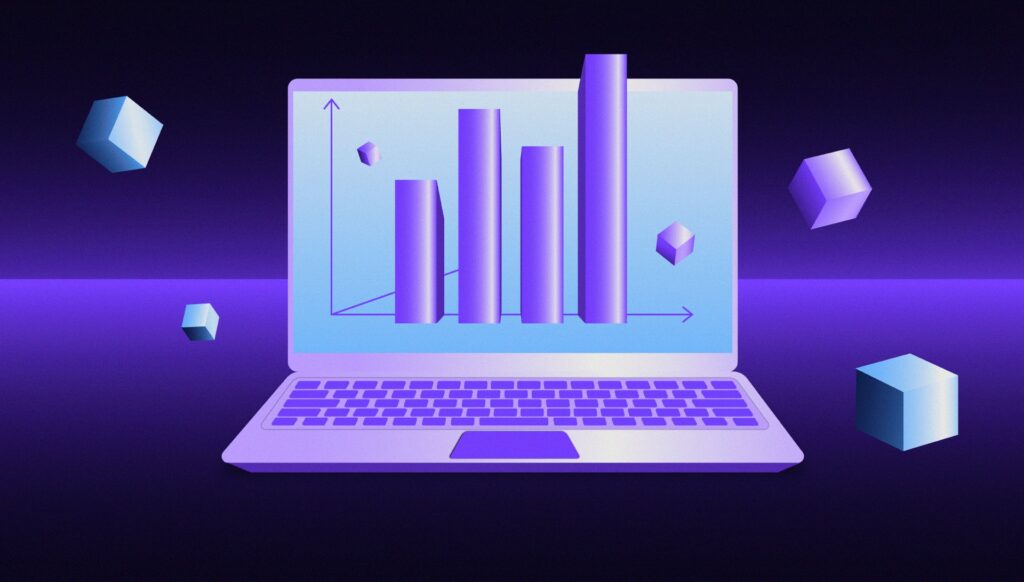Make your career a learning journey
Throughout my years working in HR, I’ve had many interesting conversations about the need for continuous learning — keeping our skills sharp, learning new ones, and always staying ahead of curve, no matter our industry our job role.
Most people agree on the importance of continuous learning, but when faced with the realities of our daily and weekly routines, sometimes it feels impossible to step back from the churn and focus on our own development.
Here are some tips to help you prioritize and get in the right attitude to promote learning and growth.
1. Connect the dots to find meaning.
How many times have we gone through the motions of learning something simply because we were forced to, such as in school? How much did we retain from those scenarios? Probably not much, because we were unable to transfer the information from our short-term memory to our long-term memory.
In order to avoid this common pitfall in our careers, it’s important to consistently check in with ourselves to make sure we’re headed in the right direction. Some questions to ask include “why am I learning these new skills?”, “what direction will these skills enable me to take?”, and “how will this be useful to me?”
Connect the dots between your purpose, your vision, and your daily impact and you’ll start to find more ways continuous learning can help you be even more effective, in every aspect of life. Finding these real life connections to our work and understanding how it all fits into the larger picture of our personal and organizational growth is key to successfully learning and retaining knowledge in the long-term.
2. Stop believing in the talent myth.
For decades, I made the mistake of believing that talent is innate — that you either have it or you don’t. Struggling to figure out my own talents, I spent a lot of time asking myself the wrong questions.
I now know that talent is determined less by our genes and far more by our actions. In the science-fiction movie Gattaca, the main character (Vincent Freeman) brilliantly depicts the reality of the situation: despite all that is dealt to him at birth, he proves that through determination and smart choices, we each have the power to realize our dreams just as he does.
While there is always room for improvement, continuous learning starts with the acceptance that you don’t never have to have everything figured out. As long as you’re striving to become better every day, dedication and persistence will always prevail, leading you to success.
3. Learn to learn!
Skip the Laptop:
While an incredibly useful tool, reading from a computer or typing isn’t the best way to learn. Taking notes the old-fashioned way on paper is proven to be a much better way to retain information. Instead of transcribing everything you hear, try to reframe the information in your own words and draw your own connections for better results.
Get Moving:
Physical exercise can help clear your head, putting you in a better mental and physical state to retain information and successfully learn. Rather than wasting your time cramming your mind with more information, take a break for some light physical exercise before getting back to work.
Sound it Out:
It’s scientifically proven that reading something out loud helps with remembering it later on.
Find What Works:
Learning is a journey and not a destination. It’s never too late to identify your own learning style and figure out what works best for you. In order to expand our knowledge, we must first recall how to learn.
4. Learn by Doing.
It’s natural to do some research and brush up on theory before we try to put our knowledge into practice, but at some point, we must get out there and put it into practice. Whether it’s a language, cooking, playing a sport, or setting up a business, the only way to learn is to actually experience it, refine our approach, and continuously improve.
5. Allow yourself to fail.
No one likes to fail, but our risk of mistakes naturally increases as soon as we step out of our comfort zones. Try not to be so hard on yourself as you try new things. Remember that failure is not a negative experience, but rather an integral part of the learning process. It’s from our mistakes that we can learn the most, examine what didn’t work, and try again for better results next time. Flip the narrative in your own head to embrace failure and encourage perseverance.
6. Seek honest feedback.
Honest, high-quality feedback is a valuable gift for better self awareness and gaining new perspective. Respectful disagreement and opinions that challenge our own perceptions have the power to stimulate intellectual thought and lead both sides toward greater excellence. Reach out to some trustworthy colleagues to see if they have any advice on how you could improve, and incorporate that feedback as you continue to learn more.
7. Keep track of your learning and reward yourself.
Life itself is a journey, whether we are conscious about it or not. It’s important to take a break and pause for a moment sometimes, and reflect on what you’ve recently learned. How is it impacting your work? How are you implementing this new knowledge and what are your next steps? Regularly checking in with yourself and being proud of the progress you make day by day, or week by week, is key to remaining curious and ready to move toward each new learning experience.
With these tactics in mind, you can get yourself in the right mindset to learn more each and every day. It’s all about the choices we make and the attitude with which we approach each new experience. It’s up to you – what will you choose to learn today?
The capacity to learn is a gift; the ability to learn is a skill; the willingness to learn is a choice. -Brian Herbert




